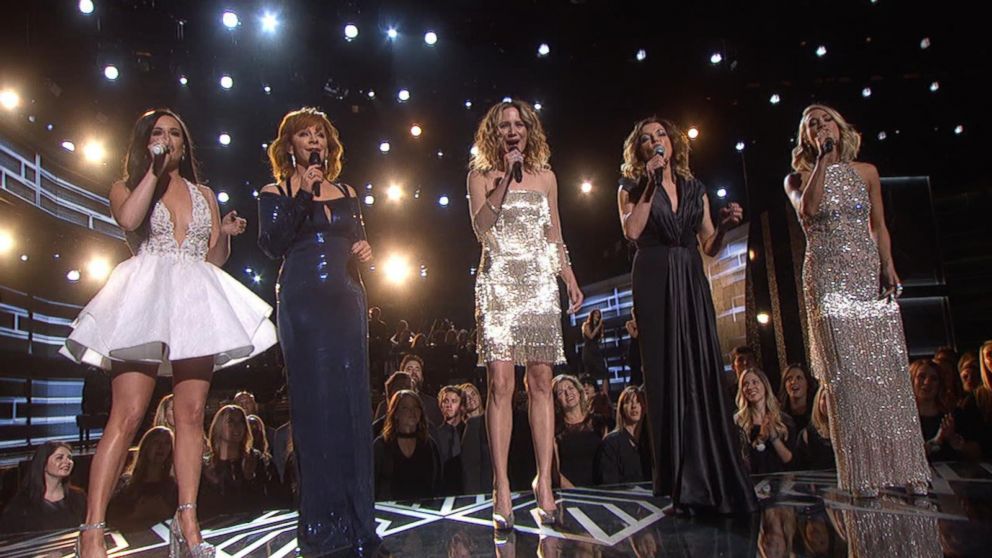Taylor Swift files to dismiss lawsuit accusing her of stolen ‘Shake It Off’ lyrics

Taylor Swift is asking a federal judge to dismiss a planned jury trial over allegations that she stole the lyrics to “Shake It Off” from 3LW’s “Playas Gon’ Play.”
The singer’s legal team is requesting Judge Michael Fitzgerald of the US District Court for the Central District of California to reconsider his recent decision in refusing to dismiss the lawsuit two weeks prior.
“Plaintiffs could sue everyone who writes, sings, or publicly says ‘players gonna play’ and ‘haters gonna hate,’” Swift’s attorney, Peter Anderson, wrote in a Dec. 23 filing, according to court documents obtained by Page Six.
Anderson argued in court docs that the lyrics are “unprotected” and in the public domain. “To permit that is unprecedented and cheats the public domain,” he added.
An attorney for Hall and Butler called Swift’s motion “groundless” in a statement to Page Six on Wednesday.
“All it asks is for the court to reverse itself because Swift is unhappy with the ruling,” said Marina Bogorad of the firm Gerard Fox Law. “All it asks is for the Court to reverse itself because Swift is unhappy with the ruling. She raised these arguments before, and they were rejected. The precedent is clear that such motions are routinely denied because the rules are not designed to give an unhappy litigant one additional chance to sway the judge. We are confident the Court will adhere to this precedent here.”

The lawsuit was originally filed in 2017 by songwriters Sean Hall and Nathan Butler, who accused Swift, 31, of stealing the lyrics “Playas, they gonna play / And haters, they gonna hate” from 3LW’s 2001 hit. In Swift’s “Shake It Off,” she sings, “’Cause the players gonna play, play, play, play, play / And the haters gonna hate, hate, hate, hate, hate.”
Swift’s attorneys further argued in the new court docs that Fitzgerald overlooked copyright law’s extrinsic test — where judges filter the material that isn’t covered by copyrights.
“It is essential to distinguish between the protected and unprotected material in a plaintiff’s work,” court docs state, referencing the noteworthy ruling that dismissed a case against Led Zeppelin over the beginning of “Stairway to Heaven.”
“Doing so here leaves only this similarity: both works use versions of two short public domain phrases — ‘players gonna play’ and ‘haters gonna hate’ — that are free for everyone to use, and two other but different tautologies that plaintiffs claim share the same underlying general idea or concept.
“The presence of versions of the two short public domain statements and two other tautologies in both songs … simply does not satisfy the extrinsic test.”

Fitzgerald has yet to rule on the new filing from Swift’s legal team, but if denied, the only way the copyright case won’t go to trial is if Swift and the songwriters come to a financial agreement and settle out of court.
Page Six has reached out to attorneys for Swift for comment.




COMMENTS